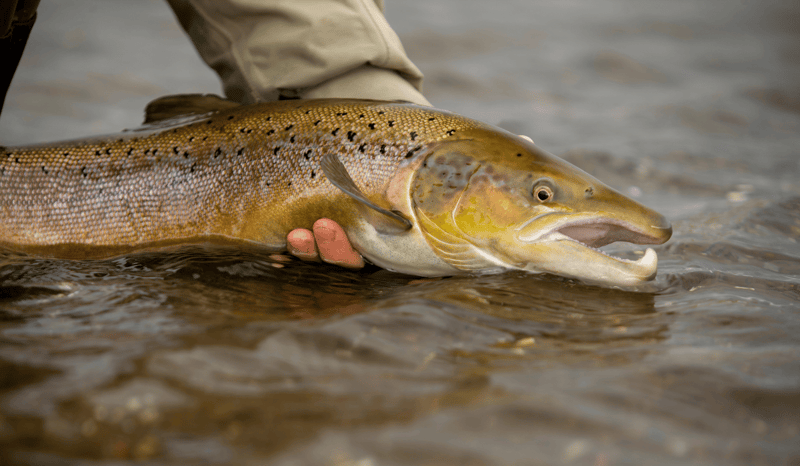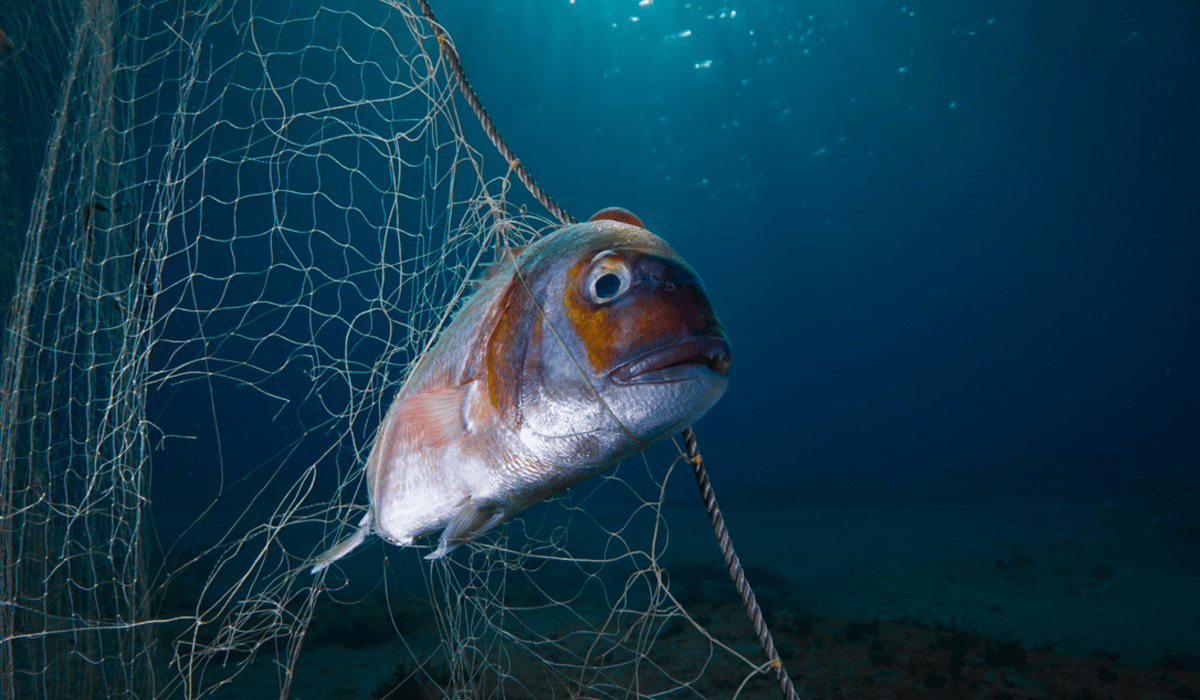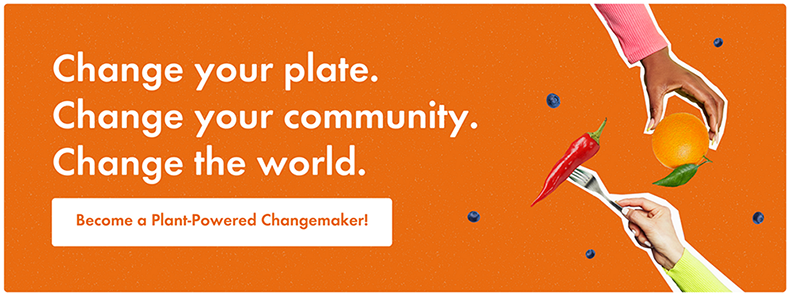
True compassion means speaking up for every animal—even the ones whose pain and suffering isn’t immediately obvious to us.
When we think of animal suffering, we often picture a dog left out in a blizzard or a caged tiger pacing behind bars. We feel a pang in our chest when we see a pig crammed into a filthy factory farm, or a chicken trembling in a transport truck on their way to slaughter. But fish? For too many people, they don’t get a second thought.
Fish are some of the most misunderstood—and most exploited—animals on the planet. Every year, trillions of fish are killed for food, more than any other animal. They’re pulled from the ocean, suffocated on decks, left to slowly die in ice slurry baths, or raised in filthy, overcrowded factory farms. And yet, their pain is largely invisible to us—because we don’t register their screams.
Fish don’t vocalize pain the way mammals do. They don’t cry or yelp. Their faces don’t contort in expressions we can easily recognize, but silence isn’t the absence of suffering—it’s often just the absence of understanding.
It might surprise some people to learn that fish are sentient beings, capable of feeling pain, stress, fear, and even joy. Studies have shown fish have complex nervous systems, form social bonds, use tools, and even recognize human faces. That’s not just intelligence. It’s individuality. It’s personhood. It’s sentience.
A New York Times article revealed that fish exhibit classic symptoms of depression, including a lack of interest in their surroundings, lethargy, and social withdrawal. Researchers have even been able to treat these symptoms with antidepressants, suggesting that fish experience emotional states similar to our own.

In factory farms, where fish are confined to crowded, barren tanks, these symptoms are rampant. The conditions—poor water quality, isolation, and lack of stimulation—don’t just cause physical suffering. They create emotional and psychological distress. Fish show signs of being so stressed and miserable that their health, behavior, and overall well-being deteriorate rapidly.
Fish get depressed, not in some metaphorical way, but in a clinically observable one—and we keep doing the things that make them feel that way.
Fish farming forces species like salmon, tilapia, and catfish to be packed into tanks or netted pens so tightly they can barely move (similar to how chickens on factory farms cannot spread their wings fully or pigs in gestation crates cannot turn around). The water they live in is often filthy and loaded with waste. Injuries go untreated. Infections (and sea lice) spread quickly. Fish endure chronic stress and fear from overcrowding and unnatural environments.
And their deaths don’t bring peace either. Many fish are slaughtered without any stunning, left to slowly suffocate, freeze, or bleed out while fully conscious.
If a dog were treated this way, we’d be outraged, but with fish, society shrugs.
The truth is empathy is easier when we can relate. Mammals have facial expressions. They make sounds we can recognize as distress, have fur we want to pet, and eyes that reflect back something we can understand. Fish exist in a world that feels alien to us—underwater, cold-blooded, expressionless (to us), and often without vocalizations that resonate with us.
That disconnect makes it easier to pretend they don’t feel. It makes it easier to look away, but turning away doesn’t erase suffering—it just allows it to continue, unchallenged and invisible.
At World Animal Protection, we believe all animals—whether they walk, swim, fly, or crawl—deserve lives worth living. Our compassion shouldn’t be limited to those who look or act like us. It should extend to every living being who can suffer. And fish suffer at a scale greater than most.
Changing this mindset starts with recognizing that some screams aren’t audible—but they’re still real. Fish feel. They think. They want to live. Just because they don’t wag their tails or purr in our laps doesn’t mean they don’t deserve the same basic decency we extend to other animals.
Choosing plant-based options, advocating for stronger animal protection laws, and supporting organizations—such as World Animal Protection—working to end industrial aquaculture are all ways we can help.
Every choice we make can be an act of compassion—and we’ve made it easier to find animal-friendly choices. Join World Animal Protection’s FREE Plant-Powered Changemakers online community for plant-based tips, vegan swaps, and ways to help protect animals.
